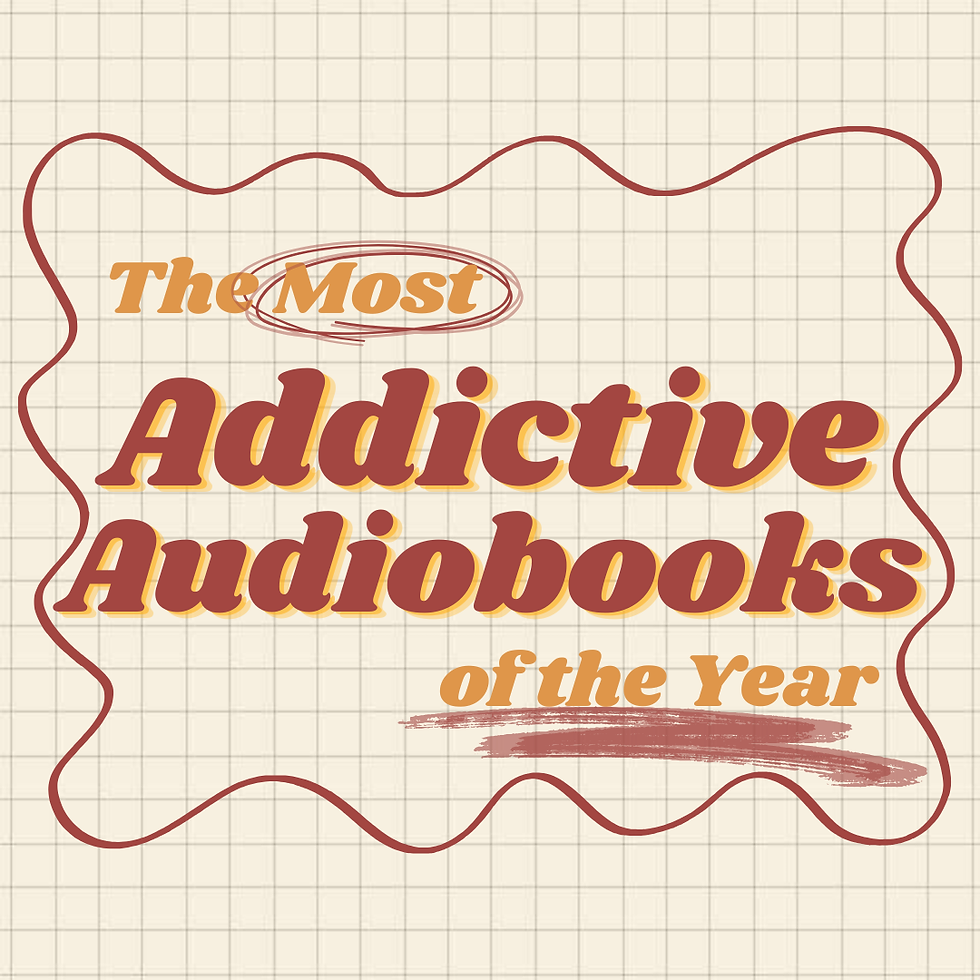The Wellcome Collection: Understanding Health and Human Experiences
- The Publishing Post

- Dec 7, 2022
- 3 min read
By Emma Regan, Jordan Maxwell Ridgeway, Hayley Gray and Ella O'Neill
Want to read more?
Subscribe to thepublishingpost.com to keep reading this exclusive post.








